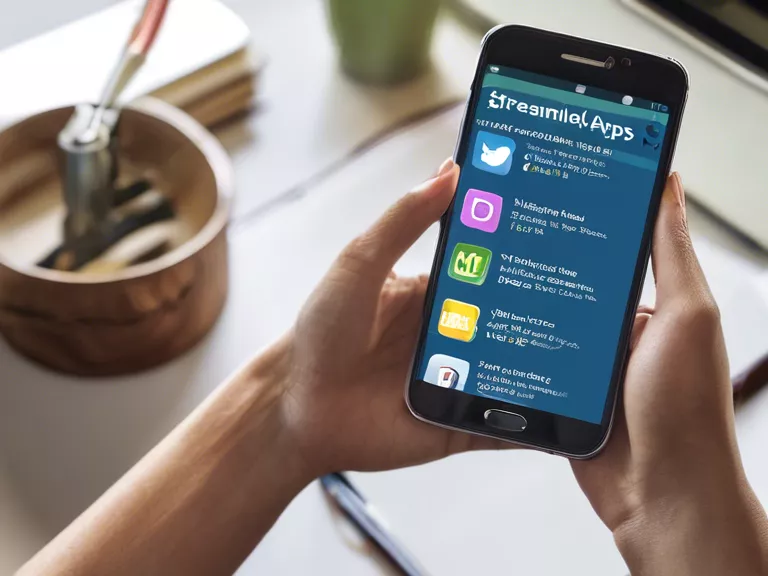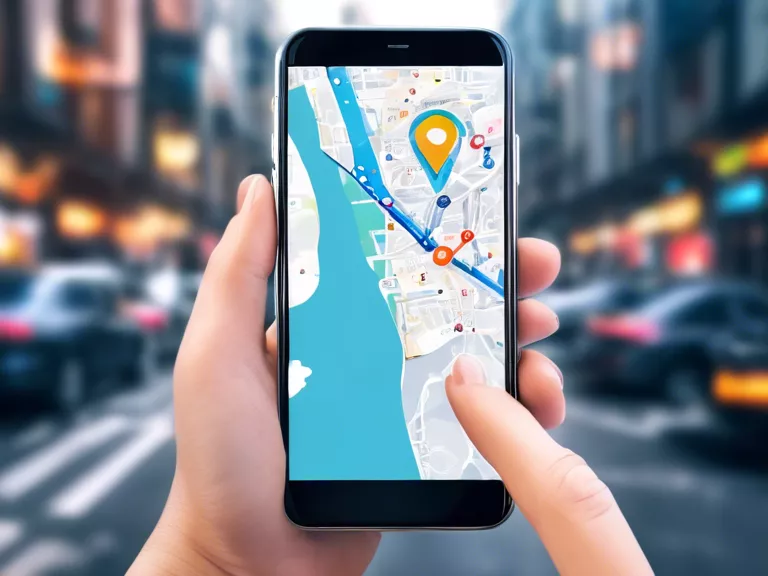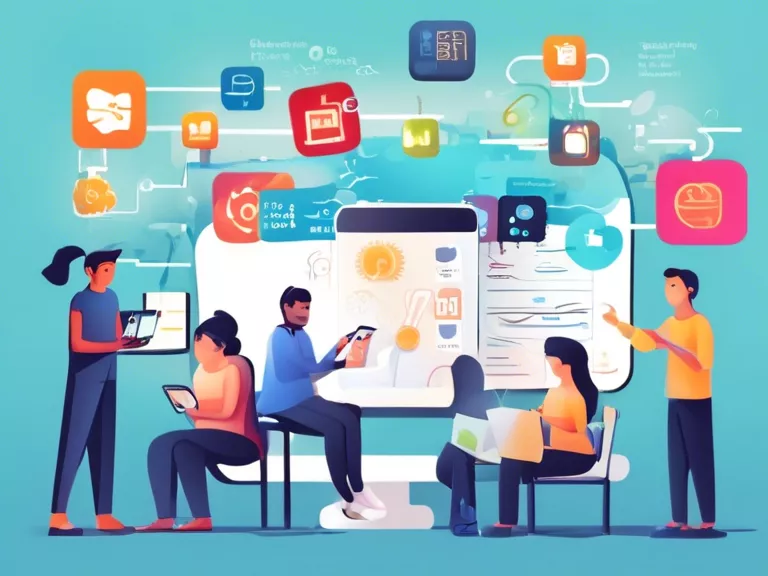
In today's digital age, mental health apps have emerged as a valuable resource for those seeking support and assistance with their mental well-being. These apps offer a wide range of services, from self-help tools to professional counseling, making mental health care more accessible than ever before. Let's explore how mental health apps are providing support in the digital age.
One of the key benefits of mental health apps is their convenience. Users can access support anytime, anywhere, right from their smartphones. Whether they need to track their moods, practice mindfulness exercises, or connect with a therapist, these apps offer a variety of tools to help individuals manage their mental health effectively.
Another advantage of mental health apps is their affordability. While traditional therapy can be expensive and time-consuming, many mental health apps offer low-cost or even free options for users. This makes mental health care more accessible to those who may not have the means to seek traditional therapy.
Furthermore, mental health apps can help reduce the stigma surrounding mental health issues. By providing a discreet way for individuals to seek support, these apps empower users to take control of their mental well-being without fear of judgment or discrimination. This can be especially beneficial for those who may feel uncomfortable seeking help in person.
In addition to these benefits, mental health apps can also provide valuable resources and information to help individuals better understand and manage their mental health. From educational articles to coping strategies, these apps can empower users to make informed decisions about their mental well-being and take proactive steps towards improving their mental health.
Overall, mental health apps are revolutionizing the way individuals access and receive support for their mental well-being. By combining convenience, affordability, and stigma reduction, these apps are helping to address the growing need for mental health care in the digital age.



